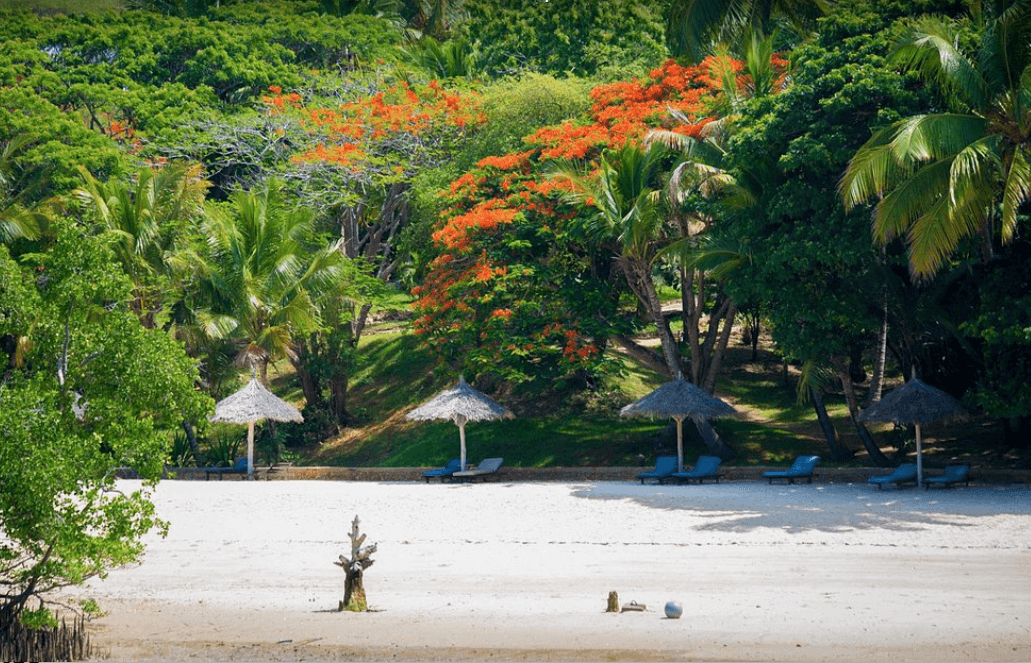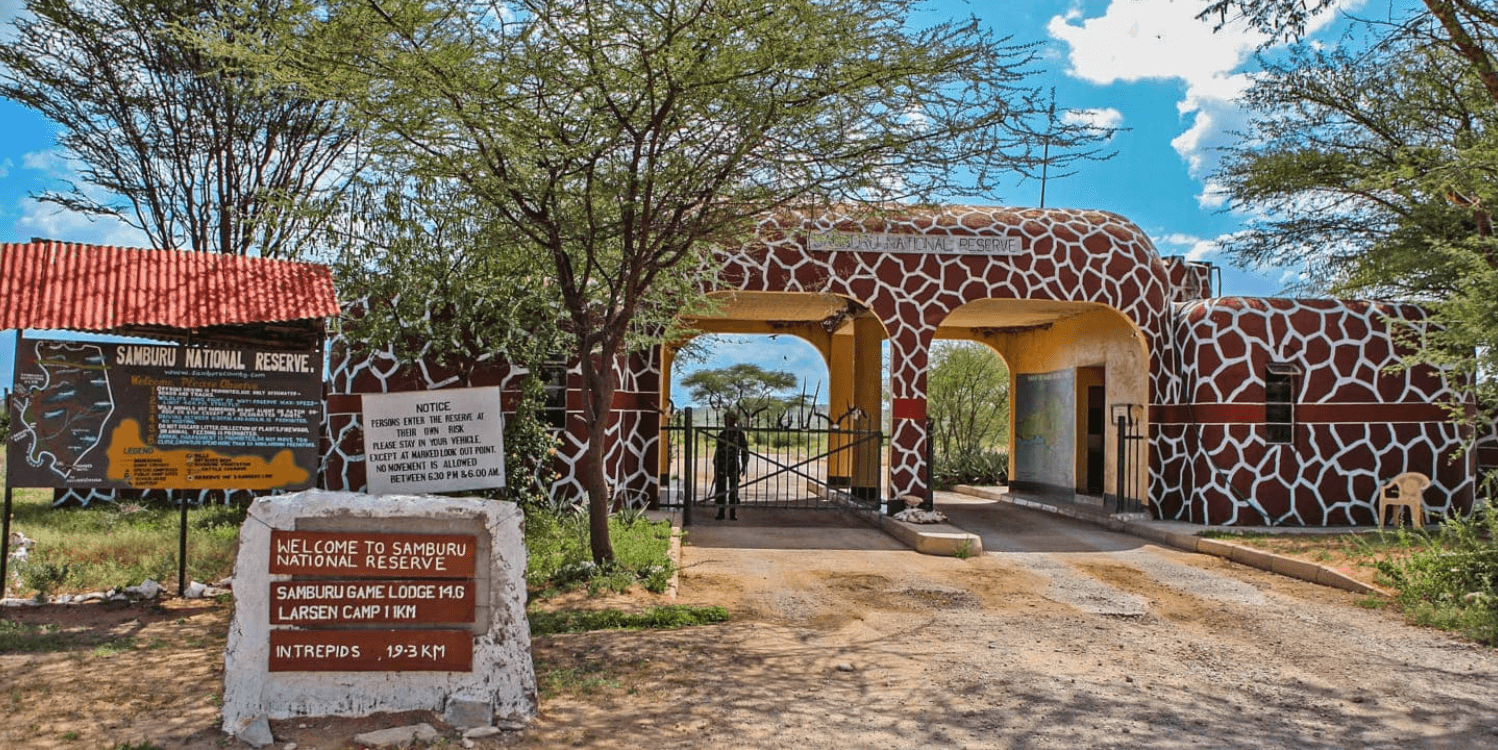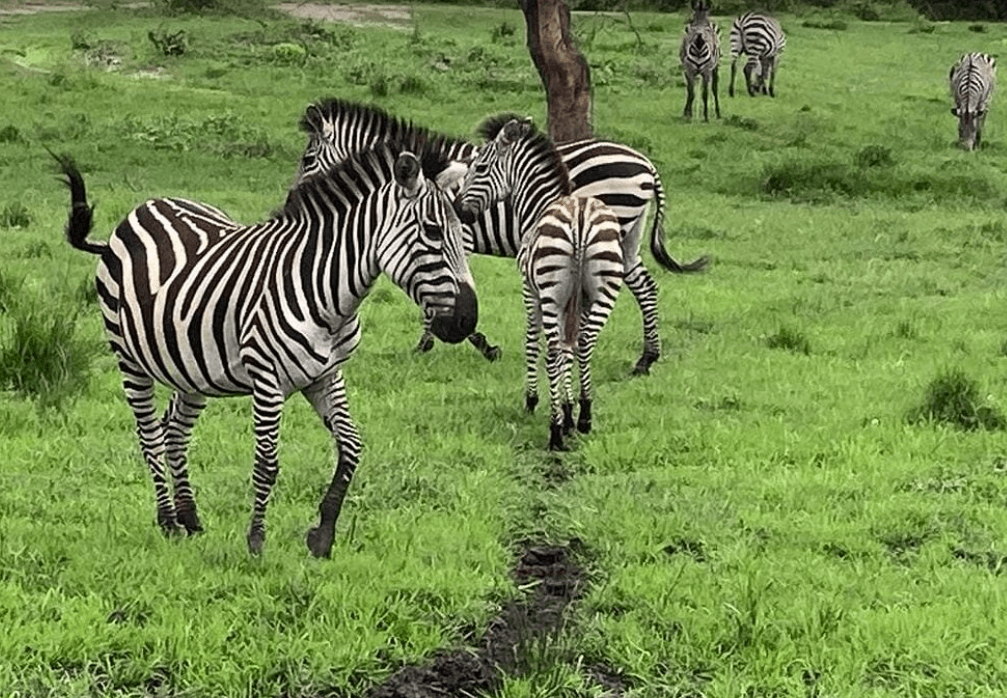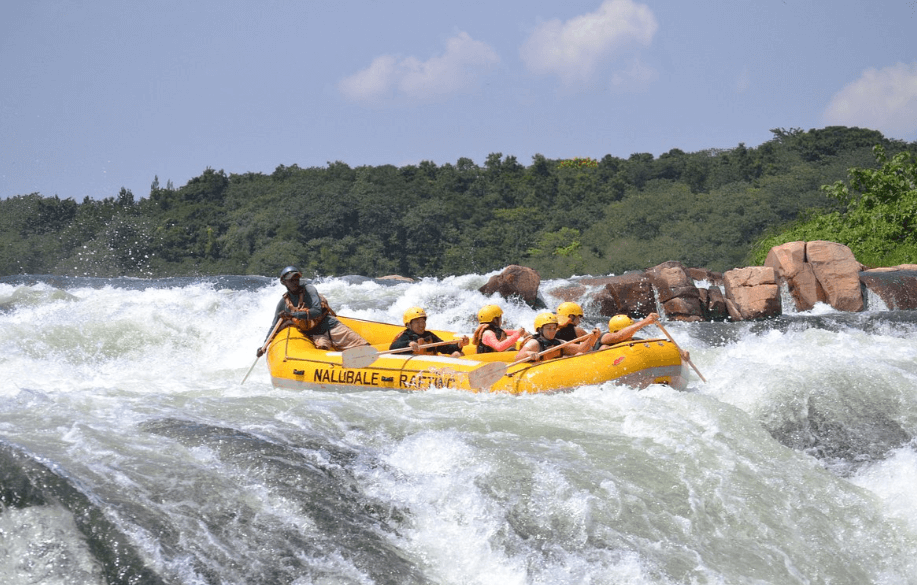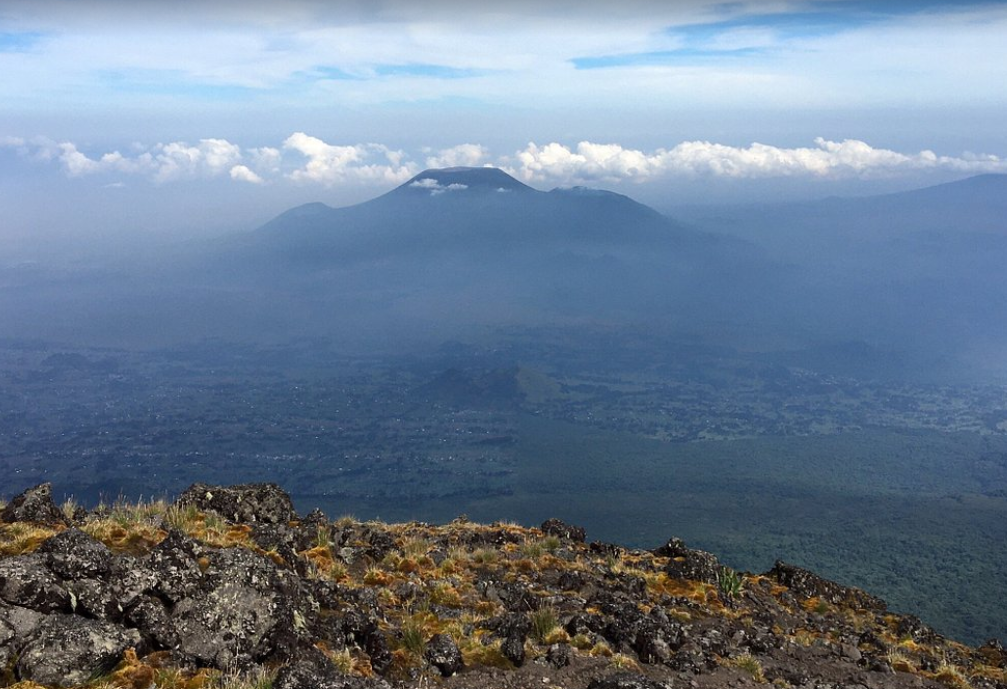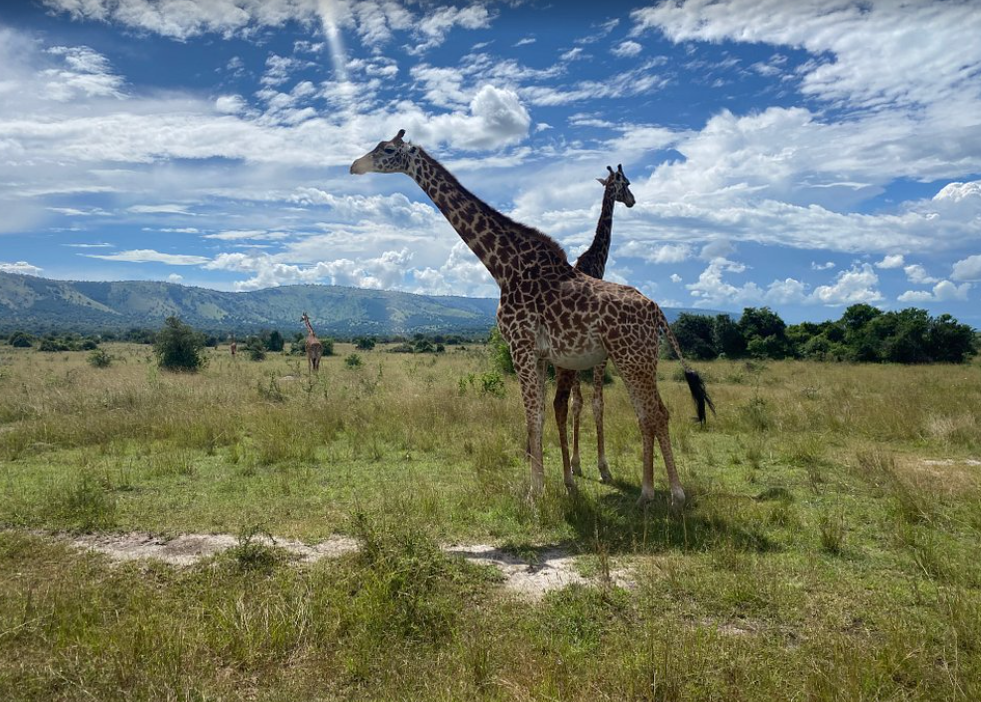Frequently Asked Questions About Gorilla Habituation Experience
What is the Gorilla Habituation Experience?
The Gorilla Habituation Experience involves spending an extended period with mountain gorillas in their natural habitat, observing their daily activities and behaviors as they become accustomed to human presence.
How long does the experience last?
The habituation experience typically lasts for about four hours, providing ample time to observe the gorillas in various settings.
How much does the habituation permit cost?
The permit costs $1,500 for foreign non-residents and foreign residents, and UGX 750,000 for East African citizens.
How many people can participate in the experience?
The experience is limited to small groups of no more than four people to ensure an intimate and less intrusive encounter.
What should I wear for the habituation experience?
Wear long-sleeved shirts, long trousers, and sturdy hiking boots. Also, bring a hat, gloves, and a rain jacket. The forest can be dense and muddy, so appropriate clothing is essential.
Is it safe to participate in the habituation experience?
Yes, it is safe when you follow the guidelines provided by the park rangers. These professionals are trained to handle various situations and ensure the safety of both visitors and gorillas.
Can I take photos during the experience?
Yes, you can take photos, but avoid using flash to prevent disturbing the gorillas.
What should I bring for the experience?
Bring water, snacks, insect repellent, and a camera. A small backpack is useful for carrying your essentials.
What level of fitness is required for the habituation experience?
A moderate level of fitness is required. The trek involves walking through uneven terrain and sometimes steep inclines.
When is the best time to participate in the Gorilla Habituation Experience?
The best time to participate is during the dry seasons, from June to September and December to February. These months offer better trekking conditions.
Do I need to book permits in advance?
Yes, book permits in advance due to limited availability and high demand.
Can I participate in the habituation experience on my own?
No, participation must be done with a registered guide or ranger for safety and regulatory reasons.
Are there accommodation options near Bwindi Impenetrable Forest National Park?
Yes, there are various accommodation options ranging from budget to luxury near the park.
xperience at Bwindi Impenetrable Forest National Park provides a unique and immersive opportunity to observe mountain gorillas in their natural habitat. With extended interaction time, in-depth understanding, and exclusive access, this experience offers unparalleled insights into the lives of these remarkable primates. Whether you are a wildlife enthusiast, a researcher, or simply seeking an unforgettable adventure, the Gorilla Habituation Experience is a must-do activity in Uganda. Plan your visit today and embark on a journey that will leave you with lasting memories and a deeper appreciation for our closest relatives in the animal kingdom.

